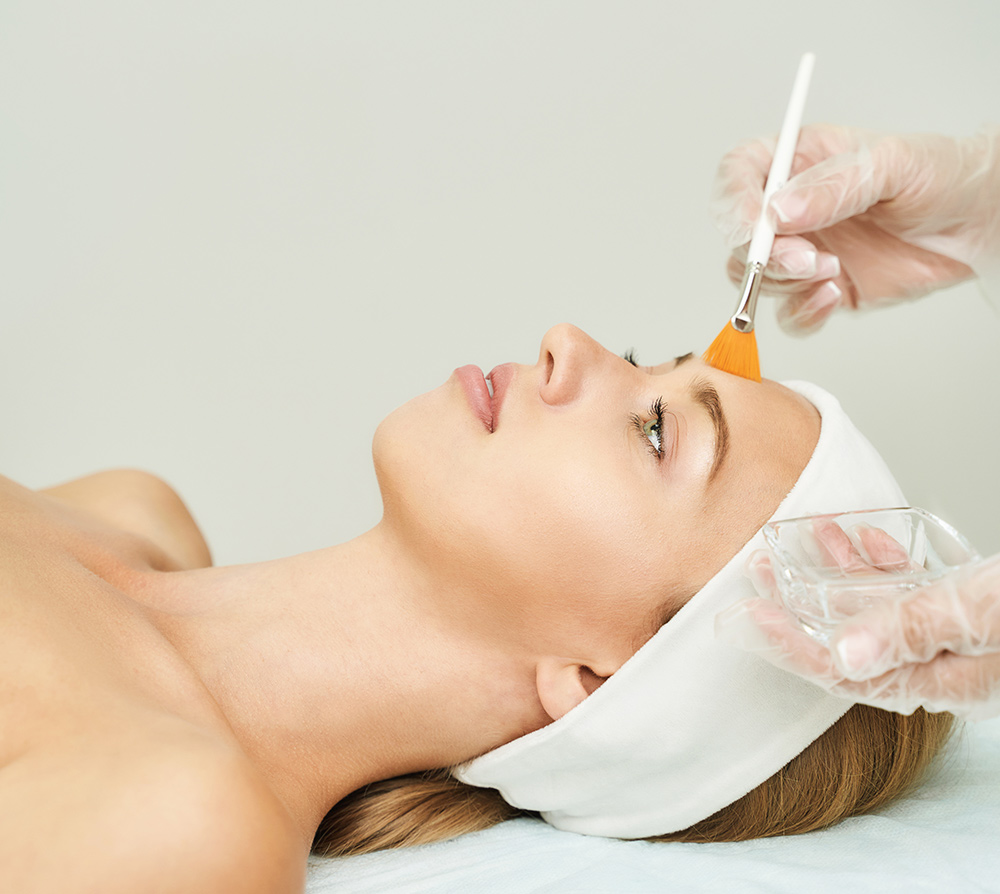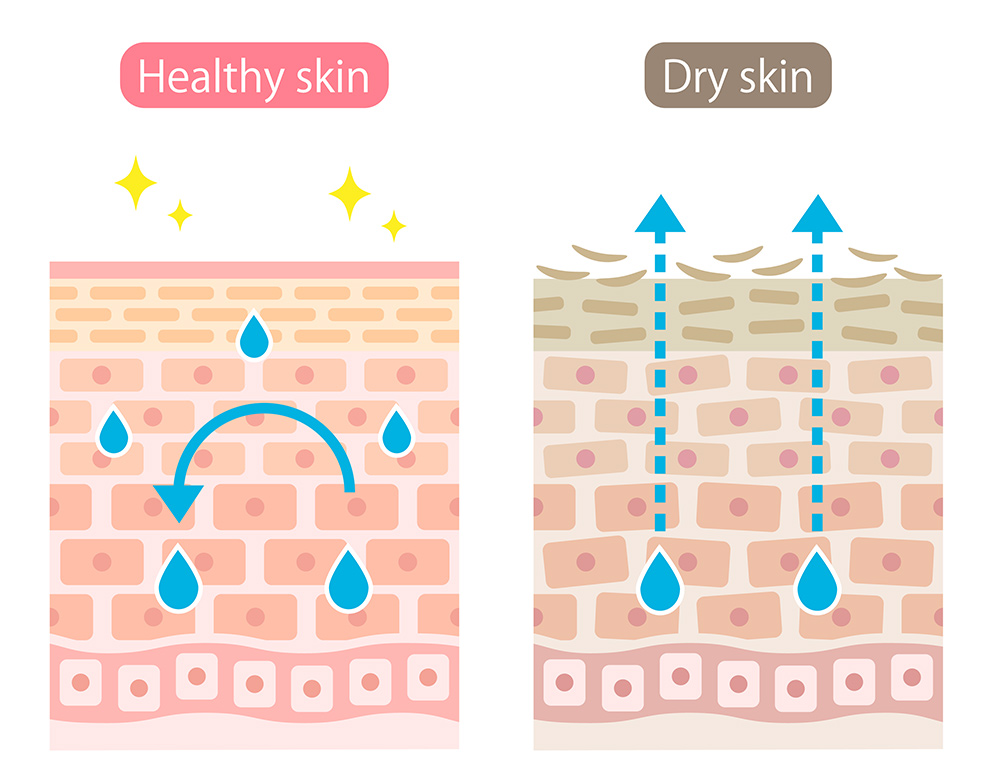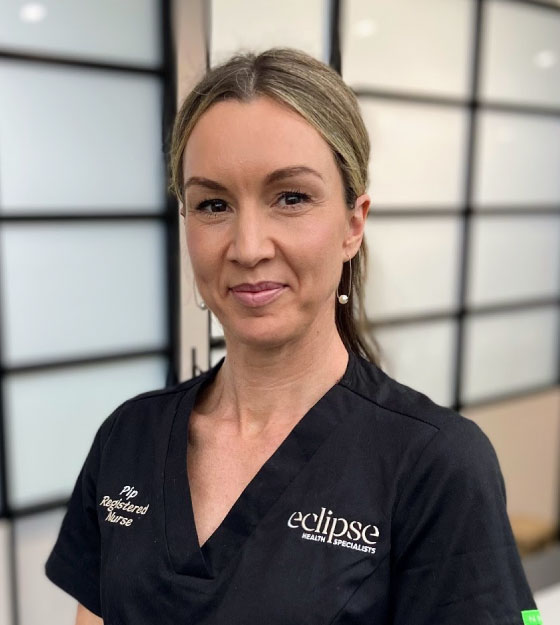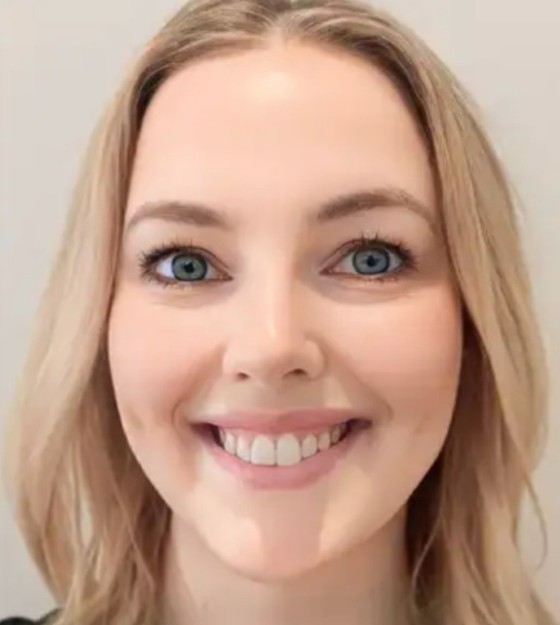Uneven skin texture is a common skin concern that can affect the way your skin feels and appears. From rough patches and dryness to bumpy areas or scaly spots, changes in skin texture can develop over time due to a variety of internal and external factors. While these changes are part of the skin’s natural ageing process, several clinical treatments can help improve texture and support healthier skin over time.
At Dr Queenie Chan’s clinic, we offer a range of evidence-based treatments designed to address uneven skin texture. These include non-surgical options such as energy-based therapies, prescription skincare and resurfacing techniques tailored to your skin type and concerns.
What Is Uneven Skin Texture?
Uneven skin texture refers to any irregularities in the skin’s surface — whether that’s roughness, flakiness, enlarged pores, scaly patches or small raised lesions. These changes can result in a skin surface that feels coarse, dry or bumpy and may also appear dull or uneven in tone. Common presentations include dry flaky skin, seborrhoeic keratoses, or the lingering effects of sun damage and past inflammation.

What Causes Uneven Skin Texture?
Skin texture concerns can develop due to a combination of natural and environmental influences. These include:
- Sun exposure: UV damage can accelerate the breakdown of collagen and disrupt healthy skin renewal.
- Ageing: As skin ages, cell turnover slows and collagen production declines, contributing to a rougher skin surface.
- Skin dehydration: Occurs when the skin lacks water, leading to dryness, dullness, tightness, and increased sensitivity.
- Dead skin cell build-up: When the skin’s natural exfoliation process slows, dead cells can accumulate, leading to dull skin and uneven tone.
- Seborrhoeic keratoses: These benign growths often appear as raised, scaly areas on the face or body and are more common with age.
- Post-inflammatory changes: Past skin conditions, such as acne or eczema, may lead to ongoing textural irregularities.
- Lifestyle factors: Smoking, dehydration and insufficient skin protection can all impact the texture and overall health of the skin.
Struggling with Uneven Skin Texture? Book a Consultation with Dr Queenie Today?
Tips to Prevent Uneven Skin Texture
While not all causes of uneven skin texture can be avoided, certain practices may help maintain smoother skin:
- Use a broad-spectrum sunscreen daily to protect against UV-related skin damage
- Incorporate gentle exfoliants such as glycolic acid to help support natural skin cell turnover
- Maintain hydration through ceramide-rich moisturisers appropriate for your skin type and incorporate active skin care which includes glycerin, niacinamide (Vitamin B3) and hyaluronic acid, Vitamin C and E.
- Avoid harsh scrubs or over-exfoliation, which can worsen texture irregularities
- Consider retinol-based skincare under professional guidance to support long-term skin renewal
Uneven Skin Texture Treatment Options
Treatment for uneven skin texture depends on the underlying cause, skin condition and severity of the concern. At Dr Queenie Chan’s clinic, a wide range of clinically backed treatments are available to help refine skin texture and improve overall skin quality.
Morpheus8 Treatment
Morpheus8 uses a combination of microneedling and radiofrequency energy to target deeper layers of the skin. This approach supports collagen production and helps remodel underlying tissue, which may improve bumpy skin and support a smoother skin surface.
Chemical Peel Treatments
Chemical peels help to exfoliate dead skin cells and encourage healthy skin turnover. This can improve roughness, dull tone and mild pigmentation irregularities associated with uneven skin surface.
Laser Treatments
Advanced laser technologies, such as the Alma Hybrid Laser, can address textural irregularities, surface damage and keratoses. Depending on your skin type and concern, a tailored combination of ablative and non-ablative energy may be used to improve tone and texture while stimulating new collagen.
Biostimulators
Biostimulators are designed to stimulate natural collagen production, helping to improve skin firmness and support long-term skin texture improvements. These treatments are typically suited to individuals experiencing changes in skin elasticity or structure.
Topical Prescription Treatments
Topical prescription-only therapies such as Efudix (fluorouracil) or retinol may be used to treat rough, scaly patches or actinic changes under medical guidance. These are particularly relevant in cases where the texture concerns are linked to sun-damaged skin or early keratotic lesions.
Lesion Removal (Shave or Surgical Excision)
For seborrhoeic keratoses or other raised, benign skin lesions, treatment may include tangential shave excision or surgical removal. These procedures are performed under local anaesthesia and are suitable for lesions not responsive to other therapies.
Uneven Skin Texture Treatments at Our Clinic
All treatment plans at Dr Queenie Chan’s clinic begin with a thorough skin assessment. By identifying the specific causes of uneven texture (whether related to sun exposure, keratoses, or ageing), we can recommend a treatment pathway tailored to your individual skin condition and goals.
Consultation
During your consultation, your skin will be carefully assessed to determine the nature and extent of your texture concerns. This includes evaluating for sun damage, scaly areas, pigmentation changes and any underlying medical conditions that may be contributing to uneven skin texture. Based on these findings, an appropriate treatment plan will be developed to address your individual needs and skin goals.
Procedure
Each treatment is selected based on your skin’s unique needs. Options may include energy-based devices, resurfacing treatments, or topical prescriptions. All procedures are carried out by qualified healthcare professionals using medical-grade protocols.
Results
Improvement in skin texture typically develops gradually over time. While results may vary, most clients notice smoother skin, reduced roughness and more even tone as treatment progresses. Regular review allows us to assess progress and adapt the approach as needed.
Recovery
Recovery depends on the treatment selected. Mild redness, flaking, or sensitivity may occur, particularly following laser or chemical peel procedures. Our team will provide tailored aftercare instructions to help support your skin during the healing process.
Possible Risks or Side Effects
All treatments carry some risk, though adverse effects are generally temporary and manageable. These may include:
- Redness or sensitivity
- Temporary pigment changes
- Peeling or dry skin
- In rare cases, localised irritation or infection
Any potential risks will be discussed with you at your consultation before treatment begins.

Why Choose Us for Uneven Skin Texture Treatment?
At Dr Queenie Chan’s clinic, we offer a medical-led approach to skin health. With a focus on clinical assessment and evidence-based treatment, we’re able to provide targeted care for a wide range of skin texture concerns — from surface irregularities to deeper structural issues.
Whether you’re seeking to improve dry, flaky skin or address raised lesions like seborrhoeic keratoses, we aim to support clearer, smoother skin through tailored, safe and considered treatment strategies.
Meet The Team

Pip Pitson – Aesthetic Practice Nurse
Pip is here to look after your aesthetic concerns. Whether it is anti-wrinkle, filler injections or radiofrequency skin rejuvenation treatments you are after, Pip will be able to guide you through the myriad of options and provide you with a comprehensive skin care program that works for you. Pip also has a background in burns, plastics and reconstructive surgery nursing and enjoys anything wound related.
Ash Birrell – Dermal Therapist
Ash Birrell is an experienced dermal therapist with a special interest in treating a wide range of skin concerns. Her areas of expertise include pigmented lesions, scarring, rosacea, acne, and anti-ageing treatments. With a personalised, evidence-based approach, Ash is passionate about helping clients achieve clearer, healthier, and more radiant skin. She is known for her caring nature, attention to detail, and commitment to delivering natural-looking results through advanced, non-invasive skin therapies

How to schedule a consultation
To book an appointment, please call us on 02 6059 0612, email us at ash.thedermalclinician@gmail.com or practicenursepip@gmail.com or book online here.
FAQs
What does uneven skin texture look or feel like?
Uneven skin texture may appear as rough patches, small bumps, enlarged pores, or areas of dryness and flaking. The skin may feel coarse or irregular to the touch and can often coincide with a dull or uneven appearance.
Can topical skincare products improve skin texture?
Certain products, such as those containing retinol or exfoliating acids like glycolic acid, may help support skin renewal and reduce the build-up of dead skin cells. However, deeper texture concerns often require professional treatments for more noticeable improvement.
What causes rough or bumpy skin as we age?
As we age, the skin’s natural cell turnover slows and collagen production decreases, leading to roughness and loss of smoothness. Sun exposure, environmental damage and the gradual formation of growths like seborrhoeic keratoses can also contribute to an uneven skin surface.
Is laser treatment suitable for uneven skin texture?
Laser treatments can be an effective option for certain types of uneven texture, especially when caused by sun damage or surface irregularities. The choice of laser and treatment depth depends on your skin type and the nature of the concern.
Can raised or rough patches on the skin be treated?
Yes, raised or scaly areas (including common benign growths like seborrhoeic keratoses) can be assessed and treated using various techniques. Depending on the type and location, treatment options may include laser therapy, prescription topicals, or minor removal procedures.
- *This article is not intended to be used for diagnosis or treatment. It is aimed at presenting a perspective only and is not a substitute for a clinical assessment. Anyone experiencing a medical condition should consult their doctor.
